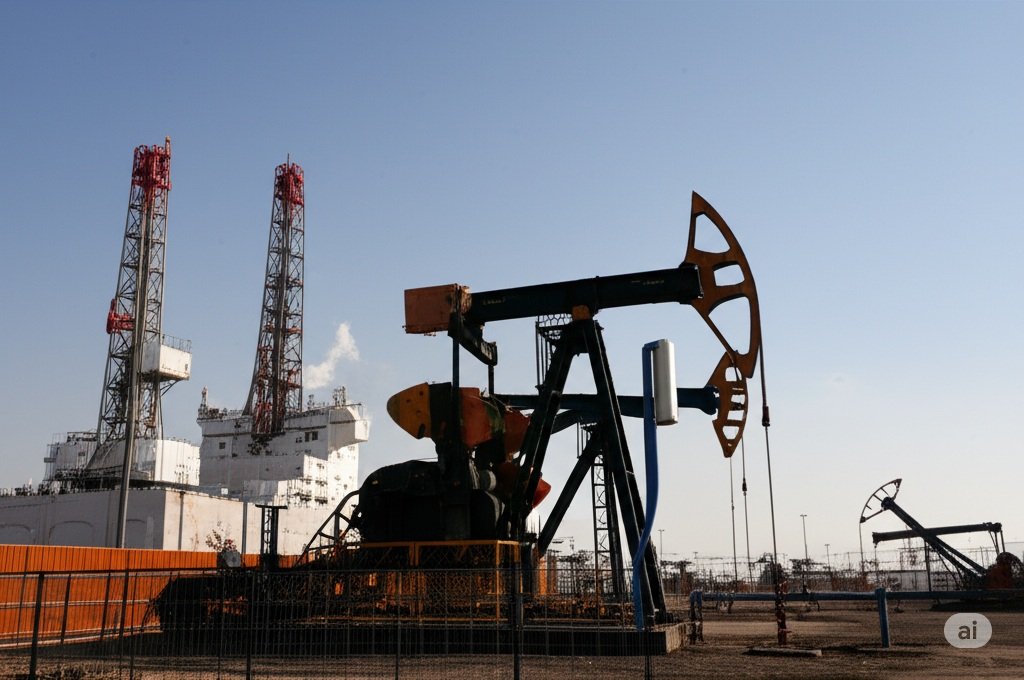The price of oil: it’s something that touches all of our lives, from the gas pump to the cost of goods. And right now, a complex interplay of global events is creating a lot of uncertainty in the energy market. Tensions in the Middle East, particularly involving Iran and Israel, along with the looming presence of the U.S. presidential election, are all casting shadows on the future of oil prices. Let’s break down some of the key factors at play and what they could mean for your wallet.
The Iran-Israel Dynamic: A Persistent Risk
The ongoing friction between Iran and Israel remains a significant source of concern. Any escalation in this region, which is crucial for global oil supply routes, can send shockwaves through the market. Think about it:
- Supply Disruptions: Military actions or disruptions to shipping lanes could lead to a decrease in the amount of oil available, naturally pushing prices upward.
- Geopolitical Uncertainty: Even without direct conflict impacting oil infrastructure, heightened tensions create a sense of instability. Traders and investors tend to factor this risk into prices, often leading to increases.
The situation is delicate, and even perceived threats or diplomatic shifts can influence the energy market.
The U.S. Election and Its Energy Implications
Back here at home, the upcoming presidential election adds another layer of complexity. Different administrations can have vastly different approaches to energy policy, both domestically and internationally.
- Potential Policy Shifts: Depending on who wins the election, we could see changes in regulations related to oil production, drilling, and environmental standards. These shifts can impact the supply and, consequently, the price of oil.
- International Relations: A new administration might also adopt different foreign policies regarding key oil-producing nations, which could either ease or exacerbate geopolitical tensions affecting supply.
It’s a waiting game to see how these potential policy changes could ultimately influence the cost of driving and heating our homes.
Khamenei’s Influence and Iranian Oil Policy
The leadership in Iran also plays a critical role in the global oil market. Decisions made by figures like Ayatollah Ali Khamenei can significantly impact Iran’s oil production and export capabilities.
- Production Levels: Iran holds substantial oil reserves, and its decisions on production levels directly affect global supply. Political considerations within Iran can influence these decisions.
- International Agreements: The extent to which Iran is subject to international sanctions and agreements also plays a significant role in how much of its oil reaches the global market. Any changes in these agreements could have notable effects on prices.
Keeping an eye on Iran’s political and economic landscape is crucial for understanding future oil price trends.
What Does It All Mean for You?
The convergence of these factors – Middle East tensions, the U.S. election, and Iranian oil policy – creates a volatile environment for oil prices. While it’s impossible to predict the future with certainty, understanding these dynamics can help us anticipate potential shifts. Be prepared for continued fluctuations at the pump, as global events thousands of miles away continue to have a direct impact on our daily lives.
Geopolitical tensions (Iran-Israel), the US election, and Iranian oil policy are key factors influencing oil prices. Understand the potential impact on your wallet.











